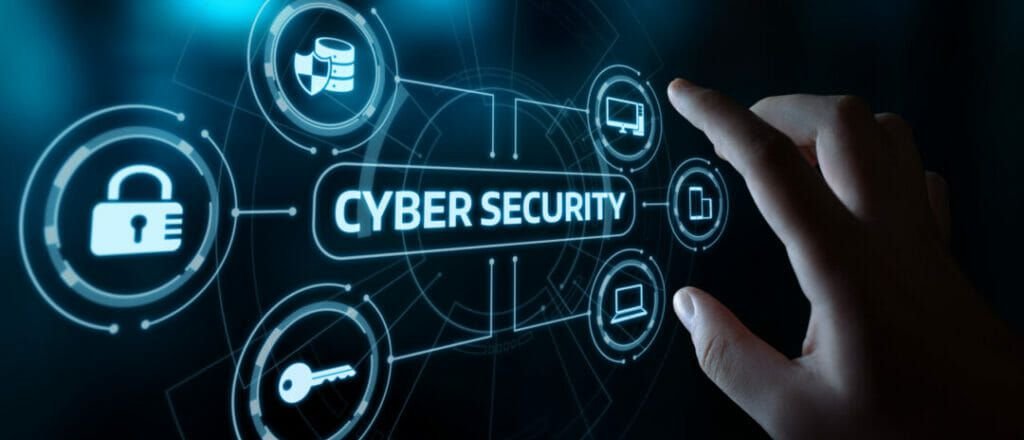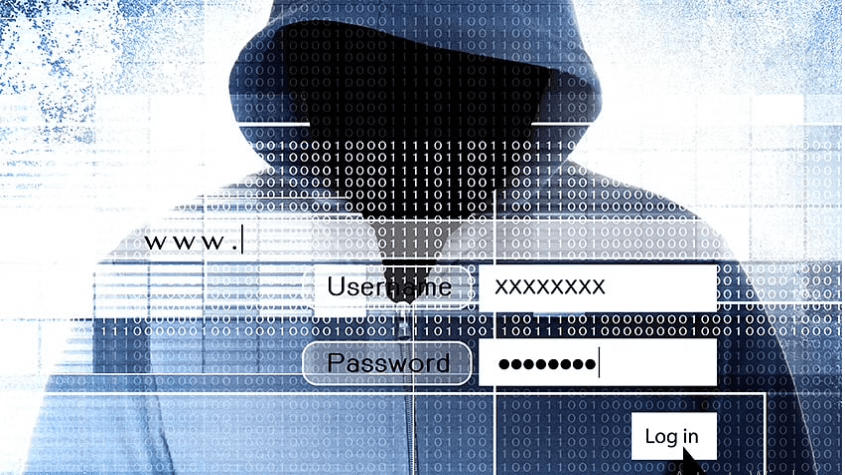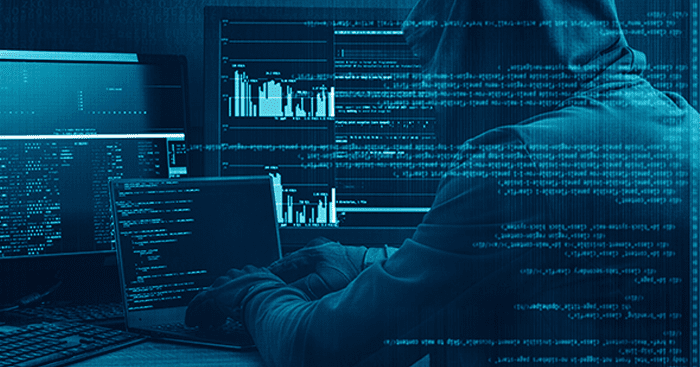Phishing is a form of cybercrime wherein scammers try to extract sensitive information from unsuspecting people in order to gain access to their bank or credit card information. Subsequently, these scammers use this information to illegally retrieve huge amounts of money.

Considering how hackers nowadays leverage sophisticated tools and techniques to gain unauthorised access to confidential information, knowing what is phishing awareness is the only way to safeguard yourself against it.
Let us learn all about how phishing works and how to recognise and avoid it with our in-depth tips.
How Phishing Works
Phishing works in the following steps:
First, the phisher tries to set their target and plots strategies to collect data from their said target.
Next, the phisher sends fake text messages or e-mails to their target. Usually, these messages or e-mails contain links to fake websites.
If the victim visits the webpage and subsequently provides their sensitive information, the phisher collects this data for their own gain.
Ultimately, the phisher uses this information to commit illegal acts, like transferring all the account money, making purchases, and so on.
However, while this is the most common process of phishing, there can be other ways, as well.
Types of Phishing
Phishing can occur in various forms. The 5 most common types of phishing attacks are:
- Spear Phishing: In spear phishing, scammers e-mail people pretending to be close acquaintances in order to gain their trust. In contrast to a random phishing attack, considerable research goes into spear phishing in order to seem as legitimate as possible.
- Email Phishing: This is one of the most common types of phishing. Scammers send e-mails to people pretending to be legitimate businesses or organisations, usually a bank or credit card provider. This makes it easy for scammers to collect sensitive information.
- Whaling: Whaling can be much more serious since attackers go after big targets like CEOs, government officials, and so on. Whaling is usually much more sophisticated and targets not just money but confidential information, as well.
- Clone Phishing: This form of phishing is often hard to detect. That is because, in clone phishing, hackers create a nearly identical clone of an e-mail that an individual has already received. However, the malicious e-mail usually contains links or attachments that take the user to a phoney website.
- Pop-Up Phishing: We all are aware of pop-ups in our browsers. However, sometimes a pop-up may contain malware or bugs that may get automatically installed in a user’s computer even if the pop-up is clicked mistakenly. This is known as pop-up phishing.
How To Recognise Phishing
While it may not always be the easiest task, it is still possible to recognise phishing using the following methods:
- If you receive an e-mail that is poorly written or contains offers that are too good to be true, there are high chances that it could be a phishing attack.
- E-mails from banks or credit card companies, even if they are your own, asking for account information, PIN, CVV, and so on, are always a scam. Therefore, never engage with such senders.
- If the e-mail is sent from a public domain like xyz@gmail.com, there are high chances of it being fake. This is because most companies these days have their own domain names and e-mail accounts.
- Most phishing messages create a sense of urgency as hackers want you to respond as quickly as possible. Therefore, you must steer clear of e-mails that require you to share your information within an unrealistic deadline.
- In general, e-mails from unknown senders containing links and attachments should always be avoided. Usually, such links and attachments contain malware that automatically sends your information to the attacker.
How To Avoid Phishing
You can follow the tips below to avoid phishing:
- If you receive e-mails that contain suspicious messages like “Your Bank Account is Suspended”, “Your Fund is Frozen”, and so on, it is better to delete it without even opening it. If you are unsure about the status of your account, you can talk to your bank directly.
- Needless to say, install trusty anti-virus software on your device that also provides protection against spam messages and pop-up ads.
- If you receive any suspicious link, don’t open it.
- Never give anyone your password or other details online, even if they say they are from your bank.
- Always verify the security of any website you are visiting before making purchases.
Conclusion
All in all, phishing is a dangerous crime that has been rising dramatically. In fact, nearly 3.4 billion phishing e-mails are sent every day. While spammers are getting smarter each day, it is still possible to recognise and avoid phishing using the methods mentioned above. Additionally, it is also interesting to note that companies these days really need individuals with an understanding of cybersecurity to strengthen digital security.
Therefore, if you want to use this opportunity to further your career, sign up for Imarticus’s cybersecurity course, “Advanced Certification Program in Cyber Security,” offered by IIT Roorkee. This course is taught on the weekends for 6 months and includes live online training, a job-relevant curriculum, certification from IIT Roorkee, and much more. So, join today!
Related Post:
Guide To Getting Your Ethical Hacking Certification: Course, Career And Tips








 Not only this, but other cyber security courses like
Not only this, but other cyber security courses like 

